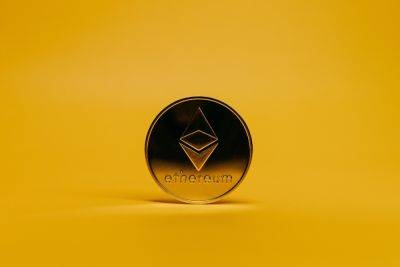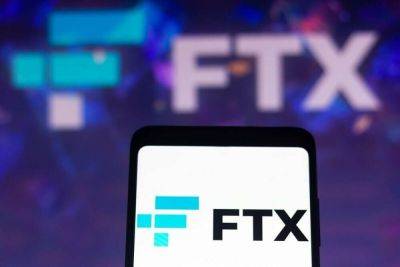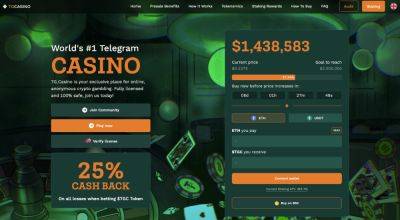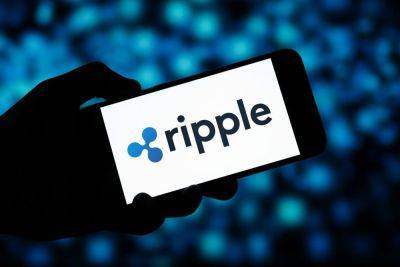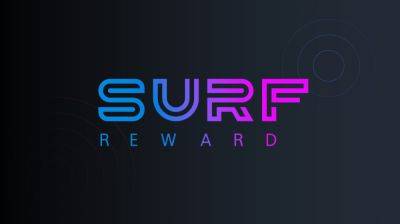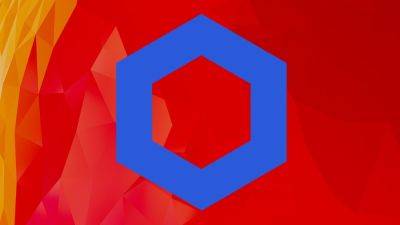Decentralized Data: The New Frontier with Pocket Network's Dermot O’Riordan
The philosophy of decentralization feeds the heart of the crypto industry, and as new frontiers are pushed pioneering this vast and intricate landscape is the Pocket Network, an entity on a mission to redefine how decentralized applications (dApps) will engage with blockchain data.
To decode the layers of this evolution, I sat down with Dermot O’Riordan, Director of the Pocket Network Foundation.
Let's journey through this engaging dialogue.
Dermot began our conversation with a vivid analogy that simplifies the essence of the Pocket Network's function.
"If we look at blockchains as reservoirs full of data, and Remote Procedure Call (RPC) as the pipelines through which that data flows through the ecosystem, then gateways are the consumer-facing “taps” through which developers access the data," explained Dermot.
"In decentralizing and activating multiple gateways, we’re giving developers more ways - or taps - to access our RPC protocol and underlying decentralized node infrastructure."
In layman's terms, imagine a reservoir (blockchain) filled with information, the Pocket Network has developed taps (gateways) from which developers can draw this data to feed dApps - this means with the introduction of more gateways, developers can access different streams of information, tailored to their needs.
But these aren’t just ordinary taps - Dermot highlighted what's so special about their newest gateway, Nodies.
"Nodies, the second gateway that we’re introducing, was founded by ex-AWS engineers who have deep expertise in infrastructure, especially as it pertains to performance, scaling, and efficiency," Dermot added.
"They are already driving innovation around areas like Web Sockets and QoS optimization - imagine the innovation that could
Read more on cryptonews.com



